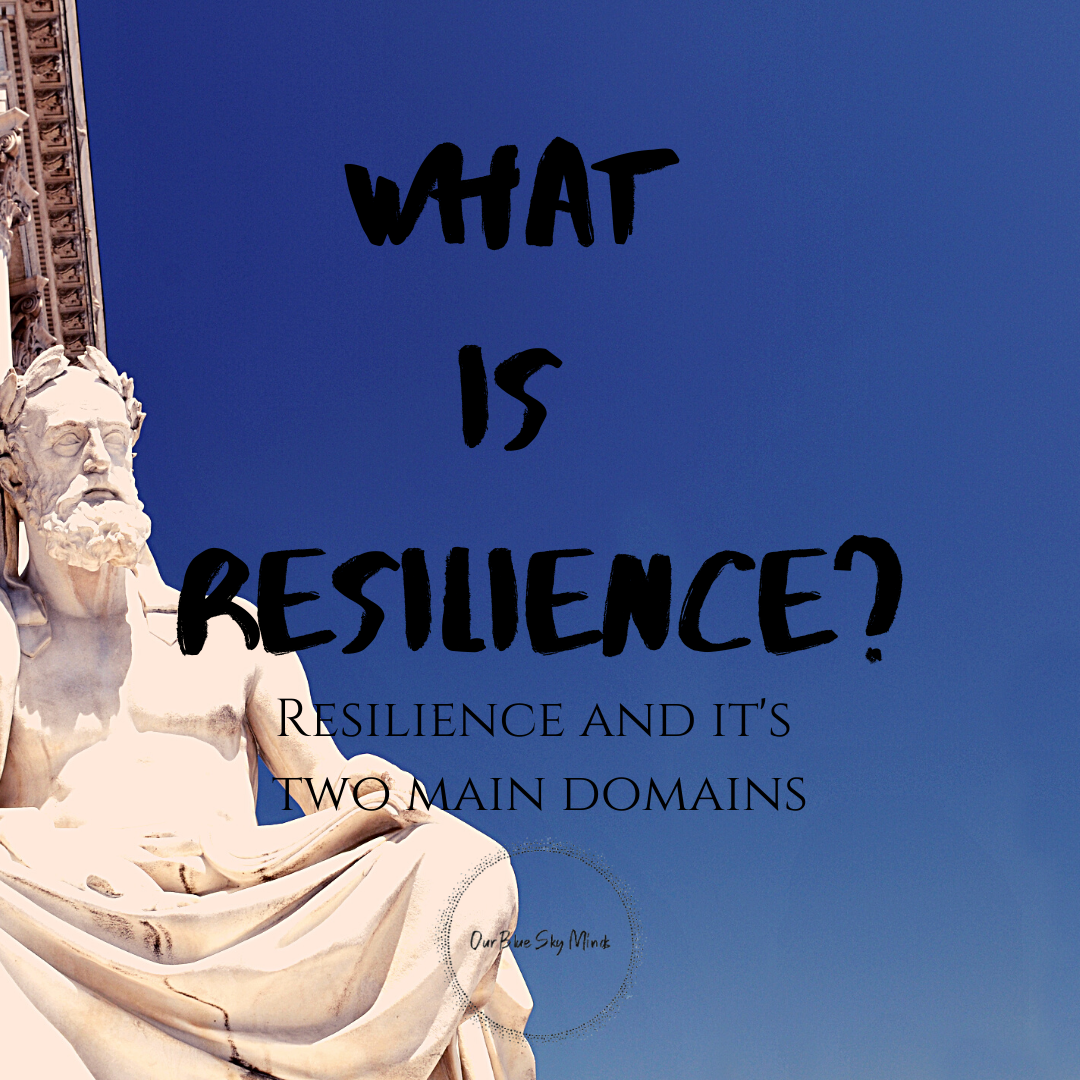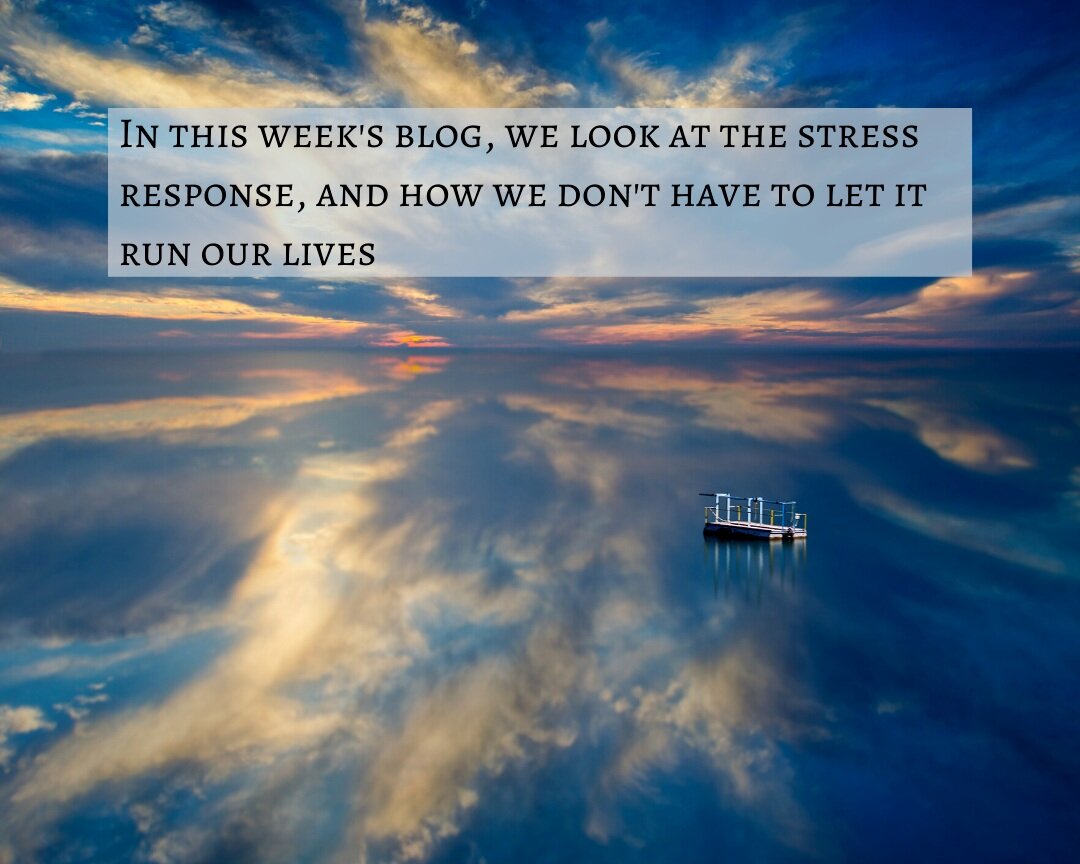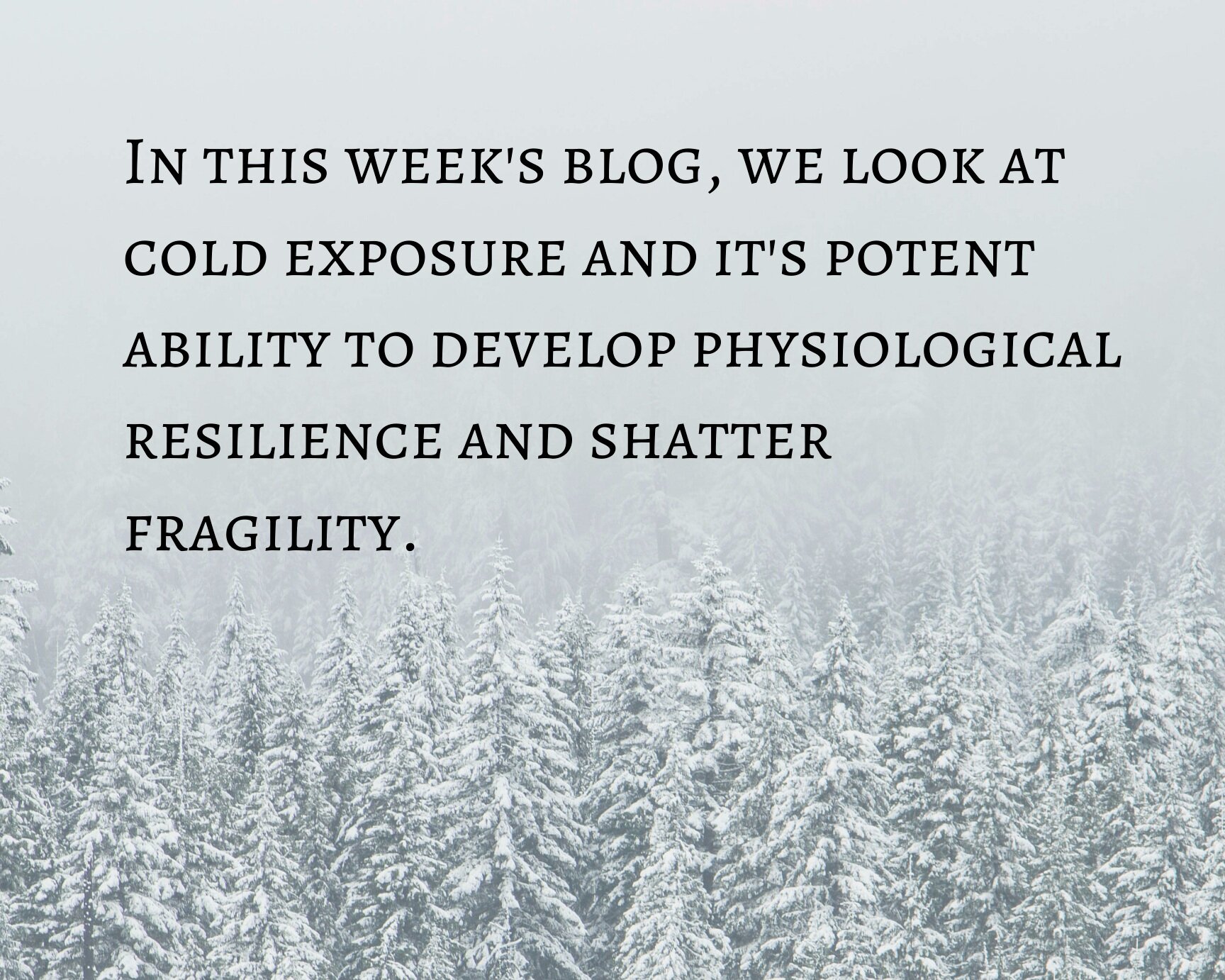
The Machinery of the Body
How could one benefit from conceptualizing the physical body as a machine?

Sober October 2021
Sober October is right around the corner and I felt inclined to put out a small piece with some of my specific intentions that I will be approaching this upcoming month with. I hope some of you join me in this; some of us desperately need a little factory reset in the dopamine department.

The Resilient Spirit
What is a spirit, and what makes it resilient? Ask yourself before diving further in here; given your current understanding of what a spirit is, what does resilience look like from that perspective? And what benefits can be gleaned from having a resilient spirit?

The Resilient Mind
Like a sort of psychological structure that can be felt on an experiential level, the resilient mind leaves its evidence of existence in how one lives their life, both internally and externally. The footprints of a resilient mind can be seen in the spaces between stimulus and reaction, left by a conscious decision to control and forego the expression of one’s immediate inclination.

The Resilient Brain
At first glance, a brain looks like a rather non-resilient organ. Its jelly-like consistency sloshes about in a thin veneer of thin protective sheets, suspended in a fluid, all encapsulated within a boney container lined with sharp protrusions and uneven ridges for it to bump into. Given it’s squishy nature, you certainly wouldn’t be the first to think “nothing about this organ seems resilient in the slightest”.
But like many other things in life, all it takes is a little bit of interest and understanding to suspend judgements and change your mind (or brain).

What is Resilience?
There seem to be many ways to conceptualize the idea of resilience to not only make it understandable and unique but also to make it relatable enough such that an individual can use it as a target to focus on and cultivate. After all, the cultivation and expression of resilience in each of our lives is so different; of course, the way we would define it tends to have some variation.

Symmetry of Mind
What do you get when you mix a ferocious lion, a terrified mouse, and millions of years of evolution? The human brain!

Finding Home Everywhere: Expanding Your Comfort Zone
What would it mean to bring home with you, wherever you go? I can only assume that we all have our own personal and unique idea of what this would be like. To me, it would mean feeling comfortable, and at peace, no matter where I went. And when I look back on a lot of the practices and routines that I regularly invest time into, I see that I’m actually trying to expand my comfort zone as far as I can. That much is probably obvious to many of us who are on a journey themed by cultivating resilience and seeking out meaningful experiences and lessons. What may not be as obvious, or it wasn’t to me anyway, is just how easily you can swap the idea of “comfort zone” and “home”, while getting even closer to what feeling we’re truly after.

A Reminder: The Weight of Opinion
The divisiveness of the world has been hitting me differently as of late. I usually have a relatively easy time in keeping separate or at least being aware, of how the state of the world is affecting me psychologically. By that I mean with the amount of time I regularly invest into self-care/anti-stress practices, I am able to stay somewhat ahead of the all-too-familiar psychological turmoil I strive to prevent. Recently, however, I assume as a result of personal stressors (and allowing myself to mindlessly doom scroll Instagram) in my life, I’ve begun to notice a shift. I can see how these personal stressors sneak in and paint a lot of my psychological landscape, deeply affecting my perception of the world and the people, my place in it, and how useful my efforts are, both here and out in the world.

Posture for Social Anxiety
Do you slouch? Do you get anxious in public?
The latter always seems to be a little more obvious… we know what anxiety feels like. Or at least we know that we get uncomfortable in public. But how do you know if you slouch? Beyond seeing a picture of yourself, it might not be entirely obvious, especially if you’ve been slouching for more than a few months - it just feels normal. A better question is probably, do you have back pain? Have you become a victim of the dreaded “zoom meeting” in your transition to working from home? The quarantine has been rough on a lot of us in many different ways, but most commonly it’s wreaked havoc on our bodies and posture.

Stress and Momentum
When we are chronically stressed out, our ability to deal with continued stress is reduced. Our body continually perceives mundane and otherwise typical experiences in life as stressful, leading to constant activation of our fight-or-flight processes. Routine activation of our fight or flight systems, without a return to our restorative, rest-and-digest processes, leads to breakdown throughout our system, especially within the systems that are there to calm us down. I know, I know, what a silly mechanism to install into a “resilient” species. Believe me, I have a few pointers for whoever decided to build this into us.

Social Anxiety and Posture
Among the things I have learned, I’ve noticed this overarching theme; when we are stressed and/or depressed, there are a number of conscious and unconscious responses that our body begins to have. More to the point, we start to “wear” our stresses. Anxiety and depression often breed feelings and thoughts of being burdened, like our life load is too heavy to carry, so our self-esteem and sense of self begin to adapt and believe that we are too small, or too weak to carry on. Psychologically, this is a major source of suffering, secondary of course, to the initial cause of depression/anxiety. Physically, for some, this might actually look like we are carrying a great weight on our shoulders. Our shoulders roll forward, our head shoots out in front of us, we look down at the ground while walking, we might even start to saunter, allowing our heels to drag along the ground. Our body language begins to communicate how we feel inside.

No Self, No Problem
This week, I want to flip things around a bit. We’ll still be talking meditation but from a more psychological, subjective perspective which, in my opinion, is really where the rubber meets the road. We can beef up our hippocampal circuits and reduce our “amygdaloid hair trigger” all we want, but it’s not until we’ve actually had some of the psychological experiences that meditation has to offer that we can really acknowledge and embody the benefits.

Your Brain on Meditation
This week, we’re going to summarize the findings that look at the changes that can happen within your brain both during, and after you begin a meditation practice. It’s useful to know because it not only adds an objective layer of research-backed science that may help incentivize those of you who tend to value objective facts, it can deepen your practice and awe of what it is to experience. Not to mention that it’s also beyond cool to read about all the cognitive changes that are well within your grasp.

Stress Ain’t New
Stress isn’t anything new to us as a species, but it sure can feel like it is sometimes. This week we briefly look at the stress response, the factors that influence it’s effects, and a few ways we can keep it from running our lives.

Finding your breath in the cold
A brief look at the Wim Hof Method and some it’s proposed benefits.